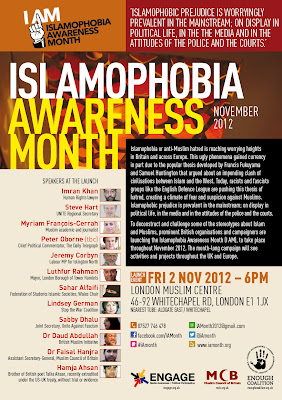Last night I saw The Duchess for the second time. And I confess that for the second time, I enjoyed it. I guess I'm a sucker for period dramas.
There was a sinister surprise in the credits, though. Apparently the film had been funded by the EU's "MEDIA film support programme". A 2009 article on their website proudly elaborates:
Seven films funded by the EU's MEDIA film support programme have been nominated for Oscars at this year's Academy Awards: Der Baader Meinhof Komplex (Germany, Uli Edel), Entre les murs (France, Laurent Cantet), Waltz with Bashir (Israel/France/Germany, Ari Folman), Happy Go Lucky (UK/Mike Leigh), The Duchess (UK/France/Italy, Saul Dibb), Slumdog Millionaire (UK/US, Danny Boyle) and the award-winning documentary, Man on Wire (UK/US, James Marsh) (for synopses, see annex).It's been running for a while ...
The EU's MEDIA programme provided significant financial support to these films figuring high on the nominations list of the Oscars Ceremony. The total contribution from the EU's MEDIA programme for these films alone amounted to € 3,028,000, with even more support likely to follow for distributing the film to cinemas.
The MEDIA 2007 programme will provide €755 million to Europe's film industry from 2007-2013 (IP/07/169). This January the Commission also proposed a MEDIA MUNDUS programme (IP/09/26) that will provide another €15 million of funding from 2011-2013 for projects submitted by audiovisual professionals from the EU and third countries. A clear priority of both the MEDIA and the MEDIA MUNDUS programme is the distribution and promotion of European films outside their original country, across Europe (almost 65% of the total MEDIA budget) and the globe.Few things are more subtly sinister than government meddling in 'cultural identity'.
The MEDIA programme's overall objectives are to strengthen the competitiveness of the European audiovisual sector by facilitating access to financing and promoting use of digital technologies, to reflect and respect Europe’s cultural identity and heritage, and to increase the circulation of European audiovisual works inside and outside the European. In 2008 the MEDIA programme supported over 1,800 projects with a total €107 million.
Both times I watched this particular film, I watched it uncritically, for escapism and eye candy, but perhaps it's worth revisiting.
There are two main themes in The Duchess: men had extreme and unjust power over women in the 18th century, and the aristocracy likewise had unreasonable and unsustainable power over the ordinary man.
As a libertarian, I don't really dispute either of these points. But I can't resist a couple of observations.
Whereas men once had significant state-granted power over women, the pendulum has swung back the other way. Men and women are not legally equal. Women are entitled to generous maternity benefits. They benefit from positive discrimination in the form of diversity quotas. They fare unreasonably well in custody and divorce settlement decisions, and they are granted absolute power over the lives of unborn children.
If a man gets a woman pregnant, and decides that it would be better to abort the child, he is powerless. He's not even free to walk away. He will be held financially accountable for many years to come.
By contrast, a woman can choose to terminate the pregnancy - to take the life of an innocent proto-human - even if the father is willing and able to take on sole responsibility for raising the child. How do 9 months of discomfort, and a few hours of extreme discomfort, compare with 18 years of financial enslavement?
Of course, I feel that fathers ought to care for their children. I am a father myself. And I don't believe that abortion should be illegal (though he case for state subsidised abortions is questionable). But there is no disputing the fact that women today are in a legally favourable position. Do we really need to keep harping on about past injustices? A certain group of EU bureaucrats with their hands on your money think so.
Then there's the question of the aristocracy. Despite all their anti-democratic moves, the EU would have you believe that democracy is an unalloyed good. They pay lip service to this grand ideal, which supposedly prevents exploitation. But look at what's happened to individual liberty as suffrage has widened, eventually becoming universal.
I haven't yet read Hoppe's Democracy: The God That Failed, and for now I'm still inclined to think democracy is the least bad option, but the tyranny of the majority does not deserve to be celebrated.




